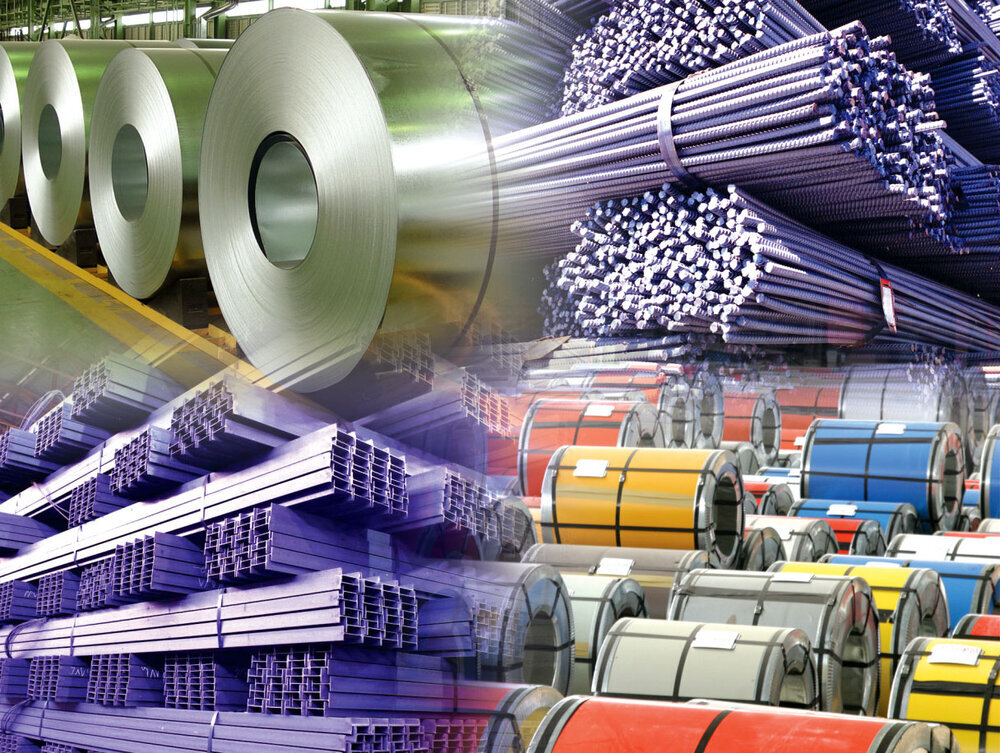Steelmakers’ association UK Steel has called on the UK government to continue ongoing conversations to achieve parity in electricity costs between domestic steelmakers and their European Union counterparts, introduce a carbon border adjustment mechanism and support the industry’s decarbonization by buying low-carbon emissions steel, the association’s director general said July 12.
Speaking following the launch in London of the association’s report “Net Zero Steel: a vision for the future of UK steel production,” Gareth Stace told S&P Global Commodity Insights that despite current changes in government, a consultation with government on the costs of renewable energy for the sector is expected to occur “any day now.” Network costs will be discussed and possibly reviewed as a next step.
This follows successful consultations between the energy intensive sector and government on carbon costs earlier in the year, Stace said.
Net-zero steel production — involving greater use of electric arc furnaces, blast furnaces equipped with carbon capture, utilization and storage technology and hydrogen production — will be considerably more electricity-intensive than traditional steel production, according to the “Net Zero Steel” report.
“EAFs require three times more grid electricity to produce the same volume of steel as a blast furnace,” UK Steel says in the report. It is seen therefore essential to achieve parity of electricity prices and energy efficiency funding this year if the government’s decarbonization targets for the sector are to be met, retaining the sector’s international competitiveness at the same time.
There are two key targets for the UK steel sector, the report points out: the Climate Change Committee’s recommendation in its 6th Carbon Budget for 2033-37 that all ore-based steelmaking should be near zero emissions by 2035; and secondly, the government’s 2050 net-zero target, which could require the steel sector to reduce its emissions by over 95%.
Govt may decide on CBAM ‘in autumn’
A decision on a CBAM may meanwhile be taken by the UK’s new government as soon as this autumn, Stace said.
According to the decarbonization timetable drawn up by the report, a CBAM or product standards need to be implemented in the UK from 2026, along with “green” public procurement and carbon pricing for targets to be met.
Creating a ‘green’ steel market
Government involvement will be crucial in creating and establishing a market for low-carbon emissions steel, but not by interfering in pricing, as it is expected the market will find its own price levels, according to Stace.
“We hope the government will support the market by public procurement of steel,” he said. “This could be by it saying it will only buy a certain type of steel.”
Stace noted, however, that any blast furnaces not already using CCUS by the time this kind of procurement occurs could find it difficult to comply with the requirements.
Mike Thompson, chief economist of the Climate Change Committee, an independent statutory body established to advise the UK government, said during the launch event the government recognizes that decarbonization will involve higher costs and steel prices and that a level playing field needs to be created so that these costs can be passed on “to be spread throughout the economy.”
“But to get the public on our side we have to minimize costs,” he added.
Thompson also noted that CCUS or CCS may not be the cheapest way to decarbonize. However, these may still be the best solution for the UK blast furnaces operated by Tata Steel UK and British Steel – which together produce 96% of the UK steel sector’s greenhouse gas emissions – and so should still be used, he maintained.
Against scrap export curbs
Improved scrap utilization and quality was highlighted in the “Net Zero” report as another priority from 2022 to help decarbonize the UK steel industry. The UK currently exports more than 8 million mt of its steel scrap arisings of more than 11 million mt/year. However UK Steel – unlike some other industry quarters – declared itself against scrap export curbs at the event.
Frank Aaskov, UK Steel’s energy & climate change policy manager, said that the UK, as “a free-trading nation” was unlikely to introduce “draconian measures” such as taxing scrap exports, even though these have recently been adopted by some other nations. Rather, he said, the industry should implement better scrap sorting techniques to improve overall availability of higher-quality scrap.
Stace reinforced this idea, adding that to limit scrap exports would be “a non-market way” and that UK steelmakers would prefer to work more closely with scrap processors to improve local availability.
Steelmaker sources present at the event indicated that given continuing world overcapacity, it is highly unlikely that the UK will boost its steelmaking capacity in the foreseeable future.
The UK steel industry currently produces around 7 million mt/year of steel, and is both a significant exporter and importer. Around 45% of its production is exported: it therefore imports around 60% of its steel products requirement of around 11 million mt/year, according to UK Steel.
— Diana Kinch






